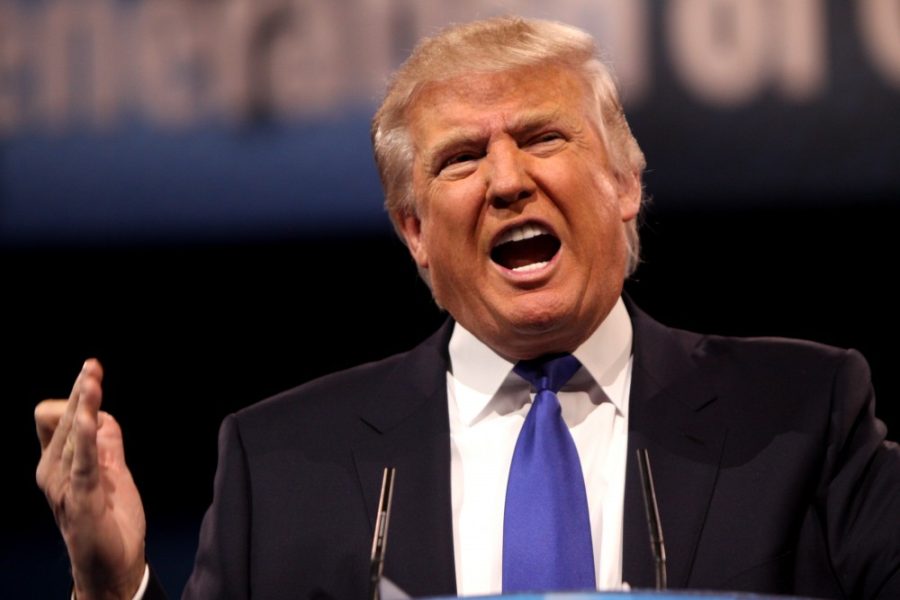With President Donald Trump’s recent selection of the next Federal Communication Commission chairman, the internet may be facing changes to net neutrality, and several UA professors are weighing in on why college students should care.
Net neutrality is defined by the FCC as “open internet,” meaning people can develop products and services online without permission, consumers can enjoy more data and broadband providers can’t block or speed up access to certain content at their whim. These open internet rules were enacted by the former FCC chairman Thomas Wheeler on June 12, 2015, according to the FCC website.
Trump’s new chairman pick, Ajit Pai, has been the senior Republican commissioner of the FCC for almost five years. He made comments that hinted at plans to alter Wheeler’s decisions last December in a speech at the Free State Foundation’s 10th Anniversary Gala Luncheon.
“In the months to come, we also need to remove outdated and unnecessary regulations,” Pai said. “We need to fire up the weed whacker and remove those rules that are holding back investment, innovation and job creation.”
RELATED: Volunteers participate in 16th Annual Eller Make a Difference Day
Part of net neutrality rules is that common carriers are prohibited from making any “unjust or unreasonable discrimination in charges, practices, classifications, regulations, facilities, or services,” when providing communications services, according to Title II, section 202 of the Communications Act of 1934. The FCC was created by the approval of the Communications Act of 1934 as a federal law.
In the same December 2016 speech, Pai said he believes Title II’s “days are numbered.”
Catherine Brooks, assistant communications and school of information professor as well as the director of the Center for Digital Society and Data Studies, said the internet could be regarded as a utility.
“We want humans to have access to the internet, just like they would have access to water, electricity and gas for their apartment,” Brooks said.

She said students should care about net neutrality because it makes more content available without different providers blocking, or conversely, “speeding up” connections to certain information.
“The students really want to be able to watch what they want to watch, without worrying that only certain companies will give them access to certain things,” Brooks said.
Brooks said she could see the argument in opposition of net neutrality from a business standpoint because less open internet could be a money-making opportunity. With less net neutrality, businesses could try to make more money than their competition by selling certain services to only certain carriers, according to Brooks.
“In some ways, we can envision a world where there are two sides to this issue,” Brooks said. “Although he’s sort of been anti-net neutrality in the past, we can’t necessarily presume that he would vote on behalf of big cable companies and big business.”
RELATED: Column: Disinformation in the internet age
Brecken Chinn, a professor of business communication for the Eller College, said from a commercial perspective, there is a lot of incentive to keep the internet as free as possible.
“There may be some commercial interest in the near term of setting boundaries on the internet,” Chinn said. “In the long term, the entire market grows when there’s more communication rather than less.”
Chinn said there is money to be made from regulating the internet and charging different fees, but from a broader societal and economic perspective, a free flow of information is in everyone’s better interest.

“It’d be interesting to see what kind of creative solutions people come up with to work around any sort of restrictions that might be placed on their communication,” Chinn said.
Brooks said the reason the UA developed its new Center for Digital Society and Data Studies is to keep an eye on emerging data issues such as net neutrality.
“Net neutrality doesn’t get the attention that it needs,” Brooks said. “It’s especially important for students who are using a lot of media in their studies on campus and in their lives to pay attention.”
Follow Jessica Suriano on Twitter.









